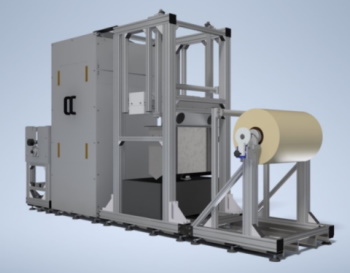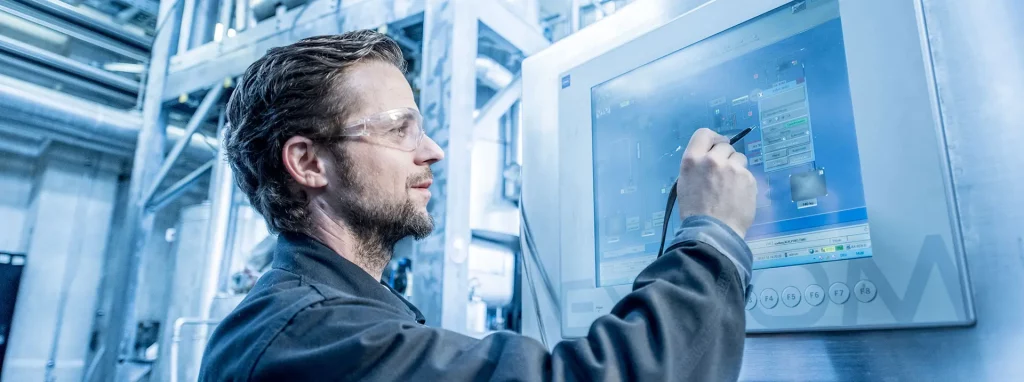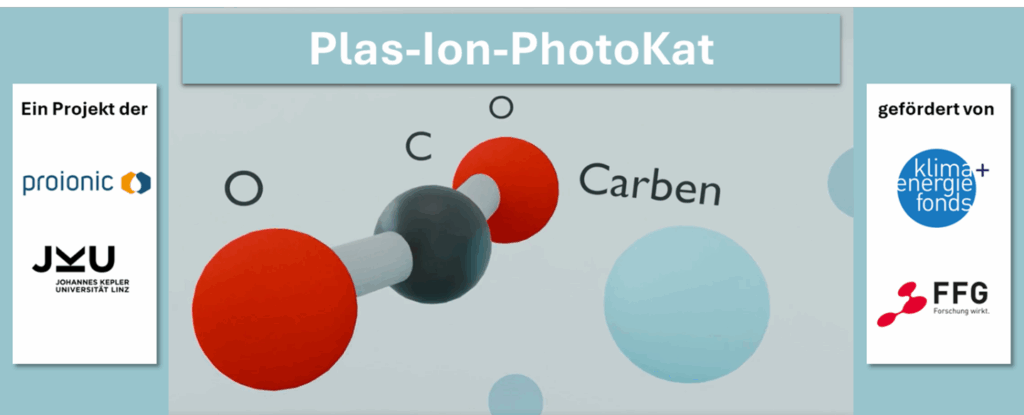Redox flow batteries (RFBs), fuel cells and other energy storage devices require the use of ion exchange membranes for their operation. Commercially available membranes are neither renewable, sustainable nor recyclable and a major cost factor.
The FFG-funded ‘IonFlow’ project aims to explore a novel type of RFB membrane technology, which is scalable, based on sustainable and renewable resources and tailor-made ionic liquids. These membranes fulfill all requirements to an ion exchange membrane for RFB (e.g., ion conductivity and selectivity, prevention of cross-diffusion through the membrane).

In the first year, we were already able to operate an organic redox flow battery with our novel membrane type. Testing and analysis of these promising membranes is currently limited by the laboratory equipment and the high amount of manual work, which is necessary for manufacturing. These limitations led to the next logical step, the scale up of this process.
Therefore, a fully automated, roll-to-roll prototype for a continuous production has recently been build up. The prototype was funded by the AWS prototyping program. This prototype enables the continuous production of membranes with constant quality and a width of 450 mm. Membranes of this size are suitable for pilot plants and enable further investigation of the characteristics of this new generation of membranes. With this, we are one step closer in transferring this technology from laboratory to commercial scale.

Dr. Markus Damm, Head of Research and Development
“It is impressive how quickly our project partner, Graz University of Technology, has developed the upscaling process. The development and construction of the prototype plant, required for the upscaling process, was extremely professional. We are very pleased to be able to work with TU Graz as a cooperation partner.”




